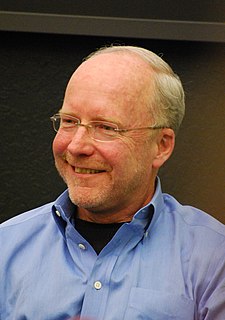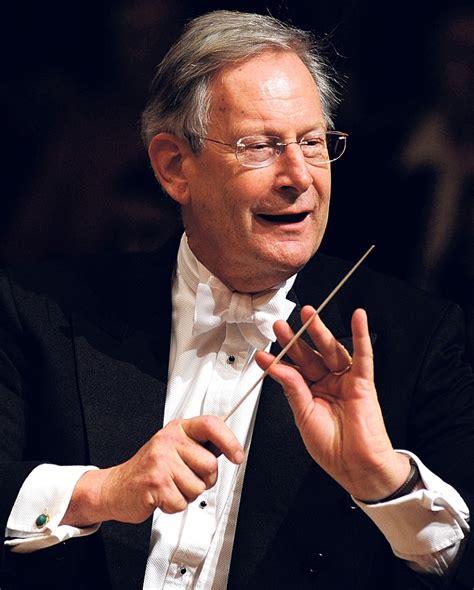A Quote by Plato
Those who have knowledge are more confident than those who have no knowledge, and they are more confident after they have learned than before.
Related Quotes
My desire for knowledge is intermittent; but my desire to bathe my head in atmospheres unknown to my feet is perennial and constant. The highest that we can attain to is not Knowledge, but Sympathy with Intelligence. I do not know that this higher knowledge amounts to anything more definite than a novel and grand surprise on a sudden revelation of the insufficiency of all that we called Knowledge before,—a discovery that there are more things in heaven and earth than are dreamed of in our philosophy.
If I was to direct a movie about a super-confident guy, first of all I would hate that character. I can do a super-confident guy who crashes and burns and has to rebuild himself as somebody humble. But a super-confident guy that just gets more confident and gets the girl and the money and more success? That's not interesting.







































